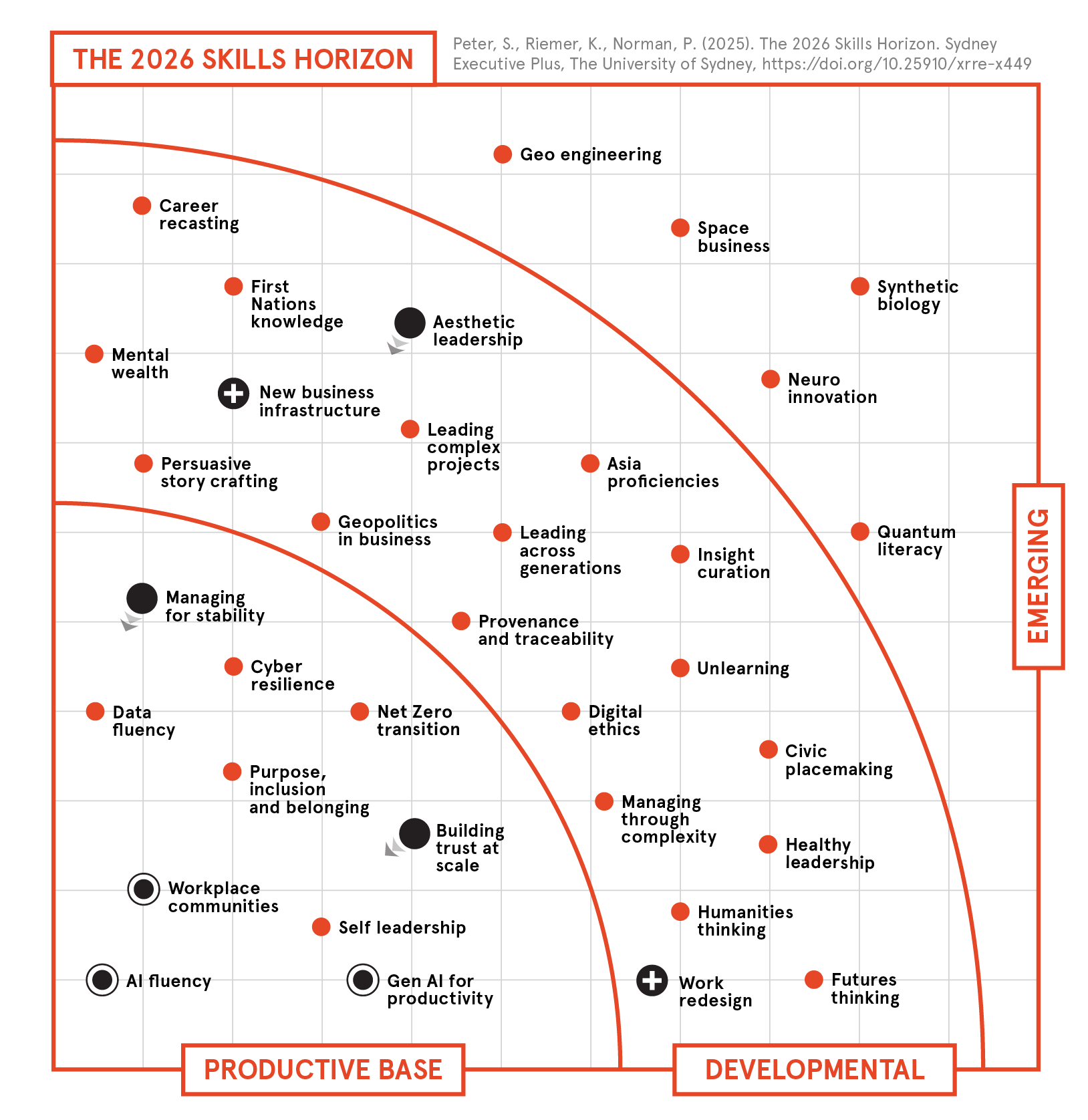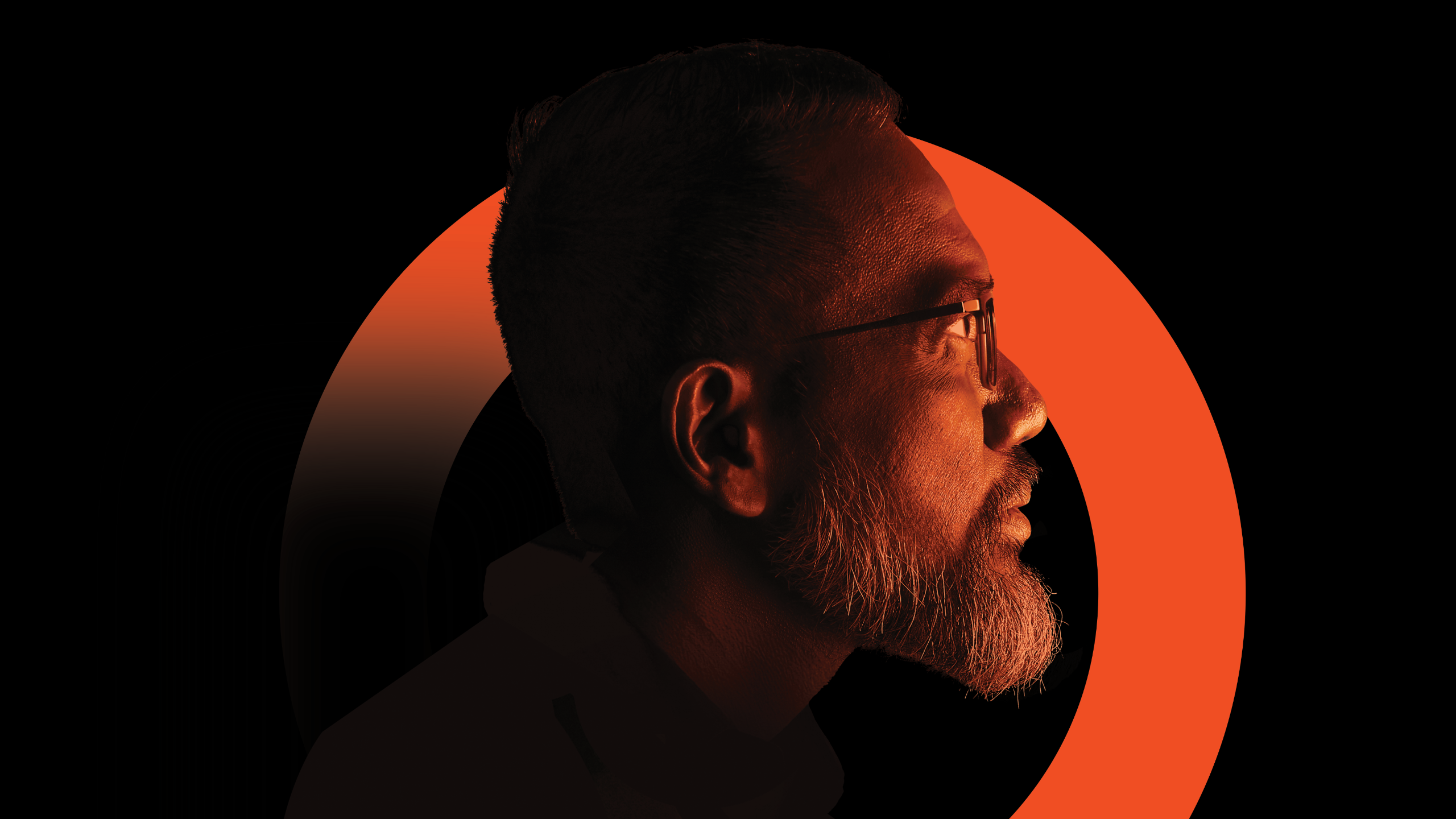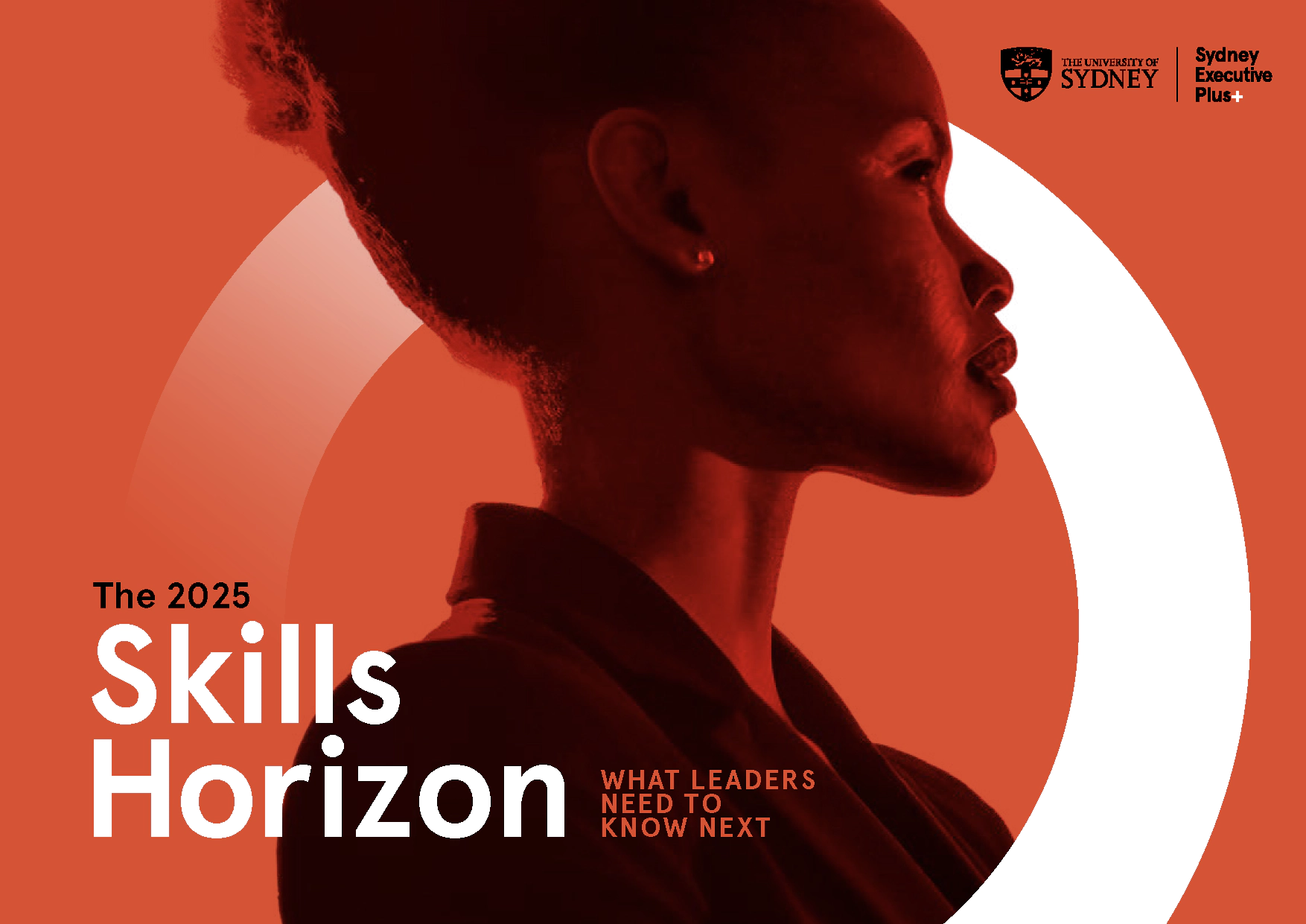The 2026 Skills Horizon
What leaders need to know next
We’re in a decade of disorientation.
As a leader, you’ll be constantly challenged to pinpoint what will matter next. Once you figure that out, then comes the challenge of deciding how to lead through it.
There’s no doubt that disorienting times need critical thinking, problem-solving, creativity and the ability to communicate effectively. But there are new skills you’ll need to navigate our messy future.
In The 2026 Skills Horizon report, we explore those skills, why they matter and the benefits they unlock.
But that’s not all.
We look at the five Shifts making our world messier. We cover the Clashes, which are four major competing priorities that every leader will need to balance. Our four Blobs, which embody the shape of things to come, are back. And we close with a profile of The Grounded Leader, a new archetype for stable and successful leadership.
Throughout the report, you’ll also see insights and wisdom from heads of government and head chefs alike, which we drew from conversations with more than 150 global and Australian leaders and executives across various fields.
The 2026 Skills Horizon is a dynamic guide that’ll help you and your team stay prepared for what’s ahead.
Happy upskilling.
Cite this report
Peter, S., Riemer, K., Norman, P. (2025). The 2026 Skills Horizon. Sydney Executive Plus, The University of Sydney, https://doi.org/10.25910/xrre-x449
What is the Skills Horizon?
The Skills Horizon is a visual representation of the things you need to know now, what you should be learning next, and what you should consider exploring. It should always be read in the context of our changing world, along with the work you do and your career trajectory. It’ll help you to:
- Strategically plan and track what skills you need to acquire or hone now, what you need to learn next, and what you might explore and experiment with.
- Create a shared vocabulary with your team.
- Evaluate and understand your, and your team’s, skills.
- Feed insights into broader strategy processes.
- Prioritise professional learning and development actions by considering timing, resource implications, integration into individual development plans and performance reviews. This is crucial in preparing the next generation of leaders in your organisation.
- Promote a leadership culture that fosters continuous learning. And encourage team members to do the same.





